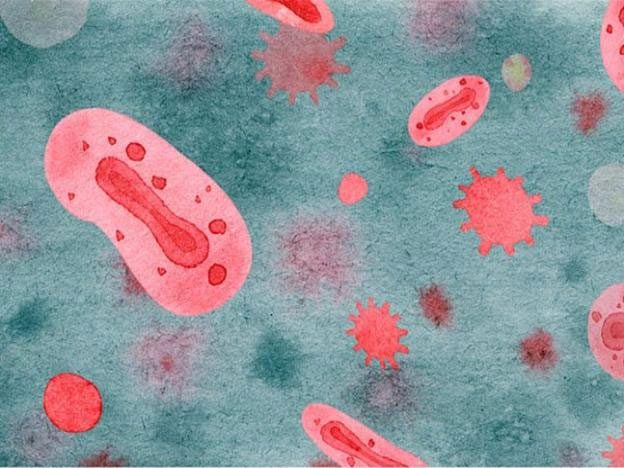WHO declares that gene mutations in the monkeypox virus may be the cause of the rising number of cases worldwide…
Monkeypox cases continue to rise globally, with a 20% increase reported last week. According to CDC data, the total number of cases exceeded 35,000 last week and is nearing 40,000 this week across 94 countries.
The World Health Organization (WHO) has stated that the monkeypox virus is rapidly mutating, which is accelerating the rate of infection and transmission. Ongoing studies are being conducted regarding the mutated virus to confirm the fact that genetic changes in the virus are causing this significant spread.
The United Nations health agency previously warned infected individuals to avoid close contact with animals following the confirmation of the first case of monkeypox transmitted from humans to dogs. This raises concerns that the virus may have mutated.

WHO examines the possibility of monkeypox virus mutation, studies are underway.
Expert Statements on Monkeypox Virus Mutation
WHO has reported to agencies that they have identified several genetic differences between the older Clade IIb virus and the virus from the current outbreak. Ongoing research aims to validate this theory and determine how the variants affect transmission and the severity of the disease.
Two factors may influence the spread: mutations in the virus and host or human factors. Both need to be considered.
Currently, there is no evidence demonstrating the significance of mutations related to how the virus interacts with the human immune response. However, it is clear that the variant causing the current outbreak is no different from those in countries without an outbreak.
WHO Renames Variants to Clade I and Clade II
Two distinct variants have been observed in Africa – where monkeypox is endemic, specifically in the Congo Basin (Central Africa) and West Africa. The variants are named after the African regions where they are predominant.
WHO has renamed the variants to Clade I and Clade II, stating that Clade II has two sub-branches: IIa and IIb.


















































